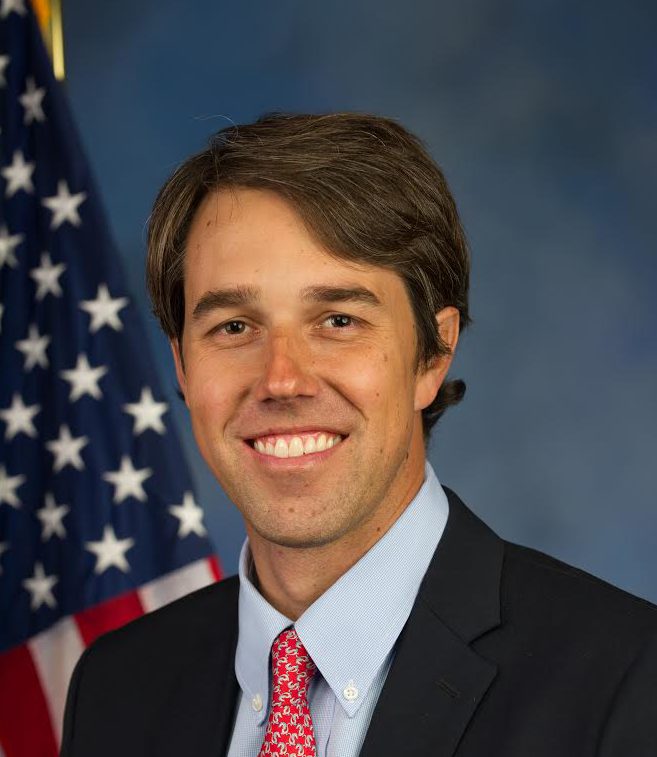Congressman Beto O’Rourke, a Democrat in his third term representing the 16th District of Texas, is challenging Republican Senator Ted Cruz for his Senate seat in the 2018 elections. After graduating from Columbia University in 1995, O’Rourke founded an internet services and software company. As a politician, he makes extensive use of social media and technology to spread his message and garner support.
BPR: What role does social media play in your broader campaign strategy?
BO: It’s a great way to bring a lot of people on the road with us as we travel the state of Texas. My campaign just spent more than a month going from town to town in Texas. We were on the road for 34 days, and put 7,400 miles on the truck. Almost all of that was livestreamed, including the time driving between these cities. So, for one, you get to see me on the road and answering questions in urban town halls, rural town halls, and suburban areas. You can decide for yourself whether I’m consistent and see what it is people are asking me. You also get to see what is on the minds of Texans who live in a very different part of the state from you. So it just brings everyone into the campaign. Over the course of this, hundreds of thousands of people [have] participated in some way or another—not just watching the live stream, but also commenting. [Using social media] is the most direct, transparent and honest way to campaign.
BPR: How did you first get the idea for your Facebook livestreams?
BO: It started from an attitude of being as responsive and accountable as possible. I hold a live town hall meeting every single month in El Paso, [which is a city] in my district. We started livestreaming them a couple years ago because some people can’t get to the town halls. I just knew from all the folks who were stopping me in grocery stores or at the airport that people were really connecting with us that way.
I know I can’t run the typical campaign and win. We really have to be as innovative and creative and different as possible, for many reasons, including the fact that so many people are just sick of politics and politicians. [People] want a direct and honest connection with the person that wants to represent them. Social media facilitates that connection.
BPR: At a campaign kickoff event in March 2017, you announced that you would not accept money from any Political Action Committees (PACs) in your race against Senator Ted Cruz.How does this decision fit into your campaign’s overall emphasis on transparency?
BO: A lot of folks already knew that this campaign was a long shot to unseat a sitting senator in a state that hasn’t elected a Democrat to the Senate in 30 years. They felt like not taking PAC money was ridiculous, because it leaves hundreds of thousands – potentially millions – of dollars on the table. But it was one of the best decisions we’ve made about how to run the campaign, because it also broke through a lot of the cynicism that people—especially young people—have about campaigns and politics. [They think that] if you have money and if you’re able to buy access, you can affect or control the outcome. So much of what disgusts people or is so disappointing about Congress can be explained by the flow of money into the halls of Congress. On principle, and because I think it’s a disgusting aspect of our democracy, I don’t take PAC money. [That decision] has brought in so many people who will tell me, “I don’t consider myself a Democrat or a Republican, and to be frank with you, I’m not very interested in politics. The only reason I’m here is because you don’t take PAC money. So, I know that you’re going to be listening to us.”
